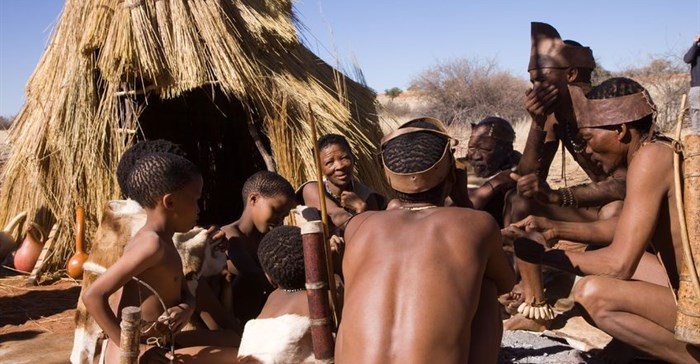
Top stories






More news


Marketing & Media
Ads are coming to AI. Does that really have to be such a bad thing?














Invented or borrowed experiences are fiction that lacks the gut response from audiences, who sense, at a visceral level, that they’re being played. On the other hand, real experiences cannot be manufactured, and carry with them, at their heart, humanity that we can all relate to.
In tourism, storytelling has always been a powerful feature, great tour guides are raconteurs who can weave history and contemporary facts together in a way that brings places and experiences to life. This is central to any travel experience, be it a walking tour of the central city’s cultural and historical heritage to the inspiring stories of resilience in our townships.
Human capital is an essential feature of the tourism sector. The value found in someone who is a natural curator of what is often oral history is immense. The question is, can we find better ways of sharing these authentic stories, and are there others out there whose rich experience can be mined for more?
Culturally, we have a responsibility to protect the shared experiences of communities, especially indigenous communities, to value them and not to place them in a position of exploitation. Traditional knowledge is a commodity not to be whisked away from those who own it, appropriated into some grotesque museum. We must encourage those to whom the traditional knowledge belongs to share it in ways that benefit entire communities. At a community level, this may mean identifying and engaging with community leaders to ensure that common interests are represented, to ensure that a community is being given space to share its own voice.

The San people of southern Africa have known what it is to be placed in the category of being an “attraction”, for decades they have been placed not only in museum displays as modelled caricatures of themselves, but their very villages became exploited for sightseeing, with hordes of anthropology students observing and interviewing them to extract their traditional knowledge in order to boost their master’s degrees and PHDs.
Latterly, the San people have found the benefits of community engagement and representation, even with the support of lawyers, to ensure that their culture is protected, and this has worked, to a degree. It’s helping to keep the crowds at bay, to prevent this ancient culture from being cannibalised. It’s protecting their essence, their stories.
As we seek to discover the fascinating experiences of those around us, the cultures represented, there must be community engagement and involvement, and respect for the many people with whom we interact. We want their stories to remain theirs, for them to tell, and for us to listen to. There’s a rich world of cultural tourism to explore, and the authentic storytelling that comes out of that must, at all costs, be valued and protected.